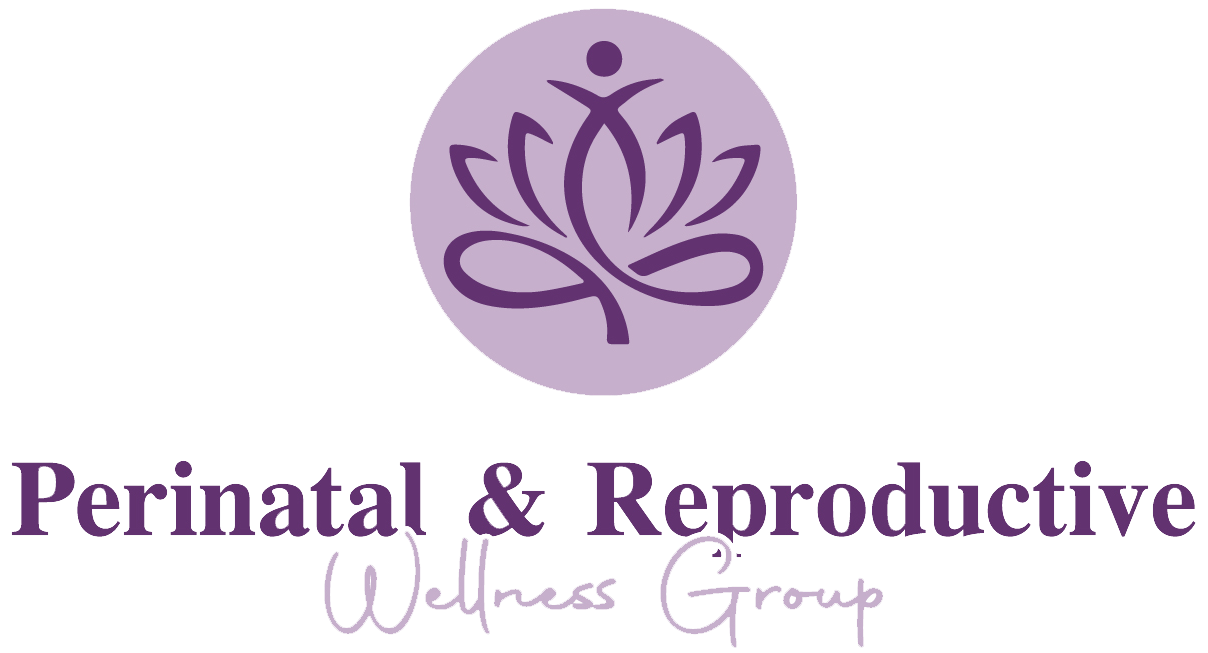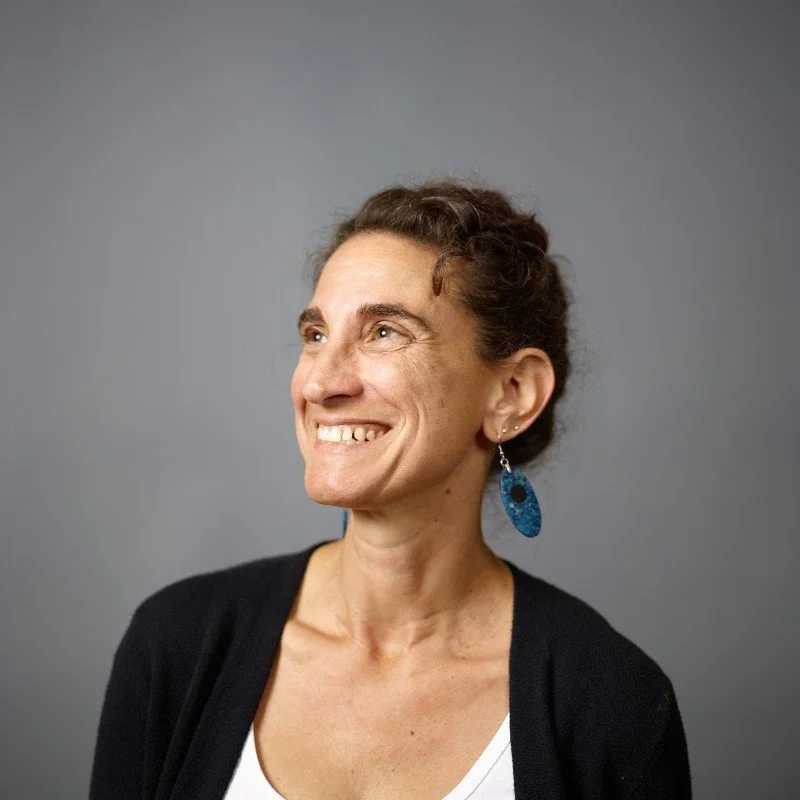From Partners to Parents: A Gottman Perspective
If you enjoy the podcast, please consider following and leaving a brief review. Your support will help us continue to fulfill our mission of bringing unique perinatal perspectives to a larger audience, so that we can all continue to lift one another up.
LISTEN ON: APPLE | SPOTIFY
Episode Notes
Becoming parents is one of the most exciting—and most challenging—transitions a couple will ever experience. In this episode, Becky talks with Beth Goss, certified Bringing Baby Home educator through The Gottman Institute, about how couples can strengthen their relationship as they welcome a new baby.
Beth shares why the perinatal period is such a pivotal moment for couples, and how practical tools from the Gottman Method can provide a roadmap through the chaos. From handling guilt about self-care, to building shared family rituals, to keeping the couple’s foundation strong, Beth offers both wisdom and encouragement for parents at every stage.
You’ll hear about:
Why tending to your relationship is tending to your child
The “Sound Relationship House” and how to build a strong foundation before focusing on kids
The importance of shared meaning and family rituals
How to reframe guilt as an opportunity for your partner to bond with the baby
Why the perinatal period is the perfect time to introduce relationship skills that will last a lifetime
Practical ways couples can dream together about the family they want to build
Beth also reminds us that parenting and partnering don’t always come naturally—both require intention, ongoing conversations, and a willingness to reassess as life changes.
“If 67% of new parents are not satisfied with their relationship, that means it’s most of us. So this is really normal.”
Show Notes
Introduction to the Podcast (00:00:20)
Overview of the podcast’s mission, audience, and introduction of host Becky Morrison Gleed.
Introducing Beth Goss and the Gottman Institute (00:00:52)
Beth Goss introduces herself, her role, and provides background on the Gottman Institute.
Evidence-Based Relationship Research (00:02:16)
Discussion of the Love Lab, data-driven research, and the Sound Relationship House model.
Beth’s Professional Background and Bringing Baby Home (00:03:41)
Beth shares her experience with new families and her involvement with the Bringing Baby Home program.
Origins and Development of Bringing Baby Home (00:05:48)
History of the program, pilot study beginnings, and collaboration with Swedish Medical Center.
Pilot Study and Key Findings (00:07:48)
Details of the pilot study, outcomes, and surprising findings like reduced postpartum depression.
Expanding the Research and Inclusivity (00:10:26)
How the program has been adapted for diverse families and validated across cultures.
Relationship Skills of the “Masters” (00:11:11)
Key relationship skills: love maps, appreciation, bids for connection, and communication.
Impact of Childhood and Family of Origin (00:15:05)
How becoming parents resurfaces childhood experiences and influences parenting.
Transitioning from “Me” to “We” to “Three” (00:17:24)
The philosophical and relational shift when becoming parents, using the family mobile analogy.
Supporting Partner’s Evolution and Needs (00:19:01)
Advice for partners on anticipating and expressing needs, and the importance of clear communication.
Normalizing Relationship Challenges Post-Baby (00:22:19)
Normalizing dissatisfaction and challenges in relationships after having a baby.
Seeking and Accepting Support (00:24:37)
Encouragement to seek practical and emotional support from family, friends, and community.
Timing of Bringing Baby Home: Prenatal vs. Postpartum (00:26:09)
Differences in how expecting and new parents engage with the program and its materials.
Long-Term Value and Transferability of Skills (00:30:11)
How the program’s principles apply to various life stages and relationships.
Bringing Baby Home vs. Couples Therapy (00:31:06)
Differences between psychoeducational programs and therapy, and when each is appropriate.
Recognizing Relationship Crisis (00:33:10)
Signs of relationship crisis, including the “Four Horsemen” and when to seek therapy.
Additional Program Content: Child Development & Emotion Coaching (00:35:04)
Coverage of child development, emotion coaching, and the integration of these with couple skills.
Intimacy and Sex After Baby (00:39:03)
Addressing changes in intimacy, demystifying sex post-baby, and strategies for reconnecting.
Time Together and Overcoming Guilt (00:45:11)
Importance of couple time without the baby, overcoming guilt, and supporting partner involvement.
Building a Strong Relationship Foundation (00:50:27)
Using the Sound Relationship House analogy to emphasize the importance of the couple’s foundation.
Why Focus on the Perinatal Period? (00:52:00)
The significance of the transition to parenthood and its impact on family well-being.
Creating Shared Family Dreams and Meaning (00:53:47)
How couples can co-create family rituals, values, and shared dreams.
Finding Bringing Baby Home Resources (00:57:39)
Where to find classes, facilitators, and more information about the program.
Final Advice: Intentionality and Ongoing Work (00:59:52)
Encouragement that parenting and relationships require ongoing, intentional effort and communication.
Podcast Closing and Resources (01:00:49)
Information on where to learn more, follow, and support the podcast.
Guest information
Beth has been working in the field of Early Childhood Education since 1989. She has been a preschool teacher, an administrator, and a teacher trainer in King County, WA. She has been a full-time Parent Education and Child Development Instructor at North Seattle College for over 20 years. Beth is also a Certified Gottman Educator and Training Specialist with the Bringing Baby Home program, and a Certified Childbirth and Postpartum Educator.
Resources
Beths’s website: bethgoss.com
Bringing baby home for parents

